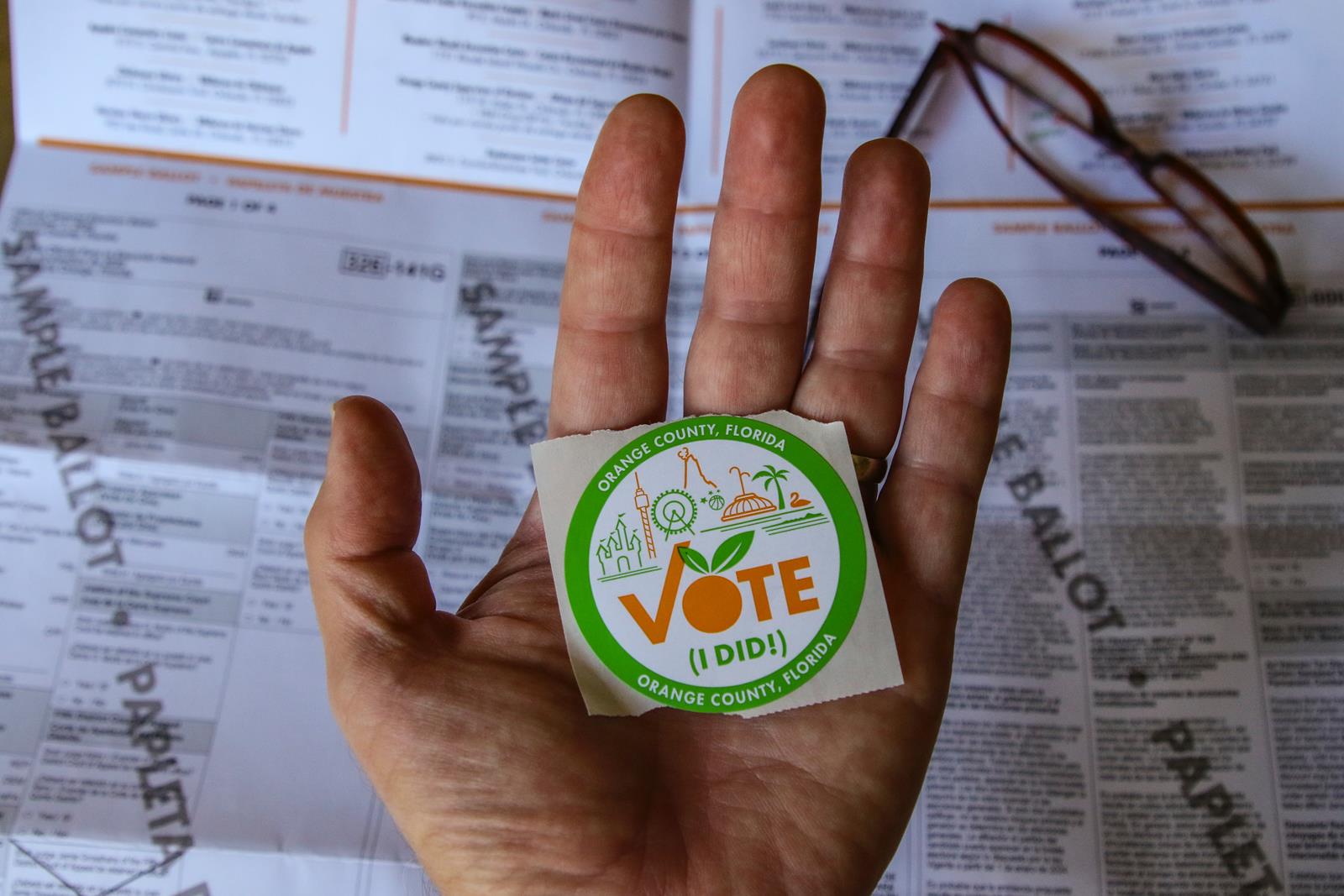Politics and the Role of the British Monarchy in Politics
Within the political field of the United Kingdom, the British monarchy has a special and symbolic role. Though its power has evolved throughout the years, the monarchy is still a fundamental element of the constitutional framework of the country. Though modern Britain is a parliamentary democracy, the monarch nevertheless has ceremonial and constitutional obligations maintaining the heritage, unity, and continuity of the nation. This odd arrangement fuels ongoing debate about the significance and influence of the monarchy in contemporary political events. Knowing its goal needs for both a historical viewpoint and understanding of how ceremonial presence, legal formality, and public expectation interact within British government. Far from being ornamental, the monarchy’s political engagement is one of subtle influence, obligation connected by history, and national symbols that still impacts how power is wielded and viewed.
Historical Context and the Evolution of Power
One cannot understand the political aspect of the British monarchy without first considering its historical development. Once wielding total power, the monarchy controlled vast territories with minimal impact from elected bodies, formed national policies, and commanded troops. This complete power began to diminish rather severely when the Magna Carta was signed in 1215, therefore establishing early conceptions of constitutional governance. Particularly during the English Civil War and the Glorious Revolution of 1689, which unequivocally proved Parliament’s power over the Crown, the next decades saw a steady but definite transformation.
Over the 19th and 20th centuries, the monarchy has turned essentially into ceremonial form. Modern democratic concepts meant that the king’s role grew increasingly symbolic and procedural while real political power migrated to elected officials. Important legal documents such the Act of Settlement and the Bill of Rights helped define and restrict royal authority, hence establishing the foundation for the constitutional monarchy that now exists. Today, the power of the reigning monarch is used in conformity with acknowledged legal standards and legislative suggestions, thereby carefully balancing traditional and modern governance.
Constitutional Duties and Symbolic Authority
Although the British monarch no longer personally wields political power, the constitution is fundamentally based on them. Head of state, the monarch performs certain ceremonial and formal duties required to preserve the stability and structure of the government. These address Parliament’s opening, royal assent granted to bills, and the nomination of the Prime Minister. These acts offer the legal mechanisms of government continuity even if they are mostly symbolic and executed under the supervision of elected authority.
Apart from ceremonial events, the monarchy symbolizes stability and national identity above political parties, therefore unifying the nation. Separating from active administration, the monarch may be representing the state itself and foster objectivity that would help to bring peace among political turmoil. Though it does not directly affect policy, such symbolic authority has significant cultural and emotional weight for the public as well as for national institutions. In this sense, the monarchy is quite important in sustaining the legitimacy of the political system.
Political Neutrality and Public Expectation
The British monarchy’s current purpose is essentially associated with its political neutrality commitment. The king is expected to remain above political polarity and stay away from public criticism of government policies or acts. This restriction is not just traditional but also required to preserve the legality of the monarchy in a democratic nation. Any perspective of bias or meddling can undermine public trust and upset the constitutional equilibrium. Kings are therefore educated early on to negotiate their responsibilities with wisdom and diplomacy.
Moreover affecting political functioning of the monarchy is public opinion. While many people value the monarchy for its continuity and humanitarian activities, others see it as an outdated institution free of democratic responsibilities. More broad discussions on national identity and constitutional modification are shaped by arguments on royal family finances, manner of life, and post-colonial context significance. Thus, the political purpose of the monarchy is not only defined by laws but also by the media environment in which it operates and the often shifting public opinion of Britain.
Influence Through Soft Power and Diplomacy
Though the monarch is essentially apolitical, the royal family employs soft power both here at home and overseas. Diplomatic contacts, royal tours, and state visits help to promote relations between the United Kingdom and other nations. Though not natural, these gatherings are often political in tone and provide a type of informal diplomacy that may serve to lower tensions or open communication in ways traditional politicians would not be able to do. Royal presence might help to raise global awareness of cultural exchanges, economic projects, and humanitarian efforts as well as UK influence on the international stage.
Domestically, particularly under crisis, the king’s presence might influence popular morale and national unity. Royal addresses delivered during national crises or war have frequently motivated the people and enhanced collective resilience. These gestures greatly enhance the political climate and social unity of the nation even in cases when they do not result in policy. Through this indirect but significant sort of influence, the monarchy continues to shape the narrative and tone of British political life even in spite of legislative authority loss.
The Future of the Monarchy in Political Life
The monarchy’s engagement in political affairs shifts with modern Britain. Still relevant issues of political and generational lines of debate concern modernity, succession, and relevance. Royal political participation is evolving in response to calls for increased accountability, transparency, and adaptability. While some want complete separation of monarchy and state, others envisage a simpler monarchy stressing more on cultural and humanitarian purposes.
Whether or whether the monarchy follows the values of the community it represents will define its political future independent of the course of action taken. Maintaining the symbolic force that has defined its historical significance, the monarchy must navigate its place in this changing environment as public opinion evolves and democratic institutions adapt. Maintaining relevance beyond the parameters of its constitutionally required limitations guarantees that it remains both respected and limited in a democratic society, therefore providing a challenge.
Conclusion
The political purpose of the British monarchy is defined by the complex junction of constitutional formality, symbolism, and historical background. Though it loses direct political power, the monarchy has a visible presence within the structure of governance and national identity. It preserves the continuity and coherence of the British government by way of ceremonial responsibilities, public diplomacy, and symbolic depiction. Its political neutrality gives a certain type of stability in a world continuously changing and assures it remains above the muck of party politics. Still, the importance of the monarchy is dynamic and changes depending on the culture it represents. Political future of the monarchy will depend on its ability to evolve with dignity and purpose while debates on constitutional reform, public duty, and national identity persist. In a democratic era, it more functions as a protector of heritage and unity than as a policymaker.

